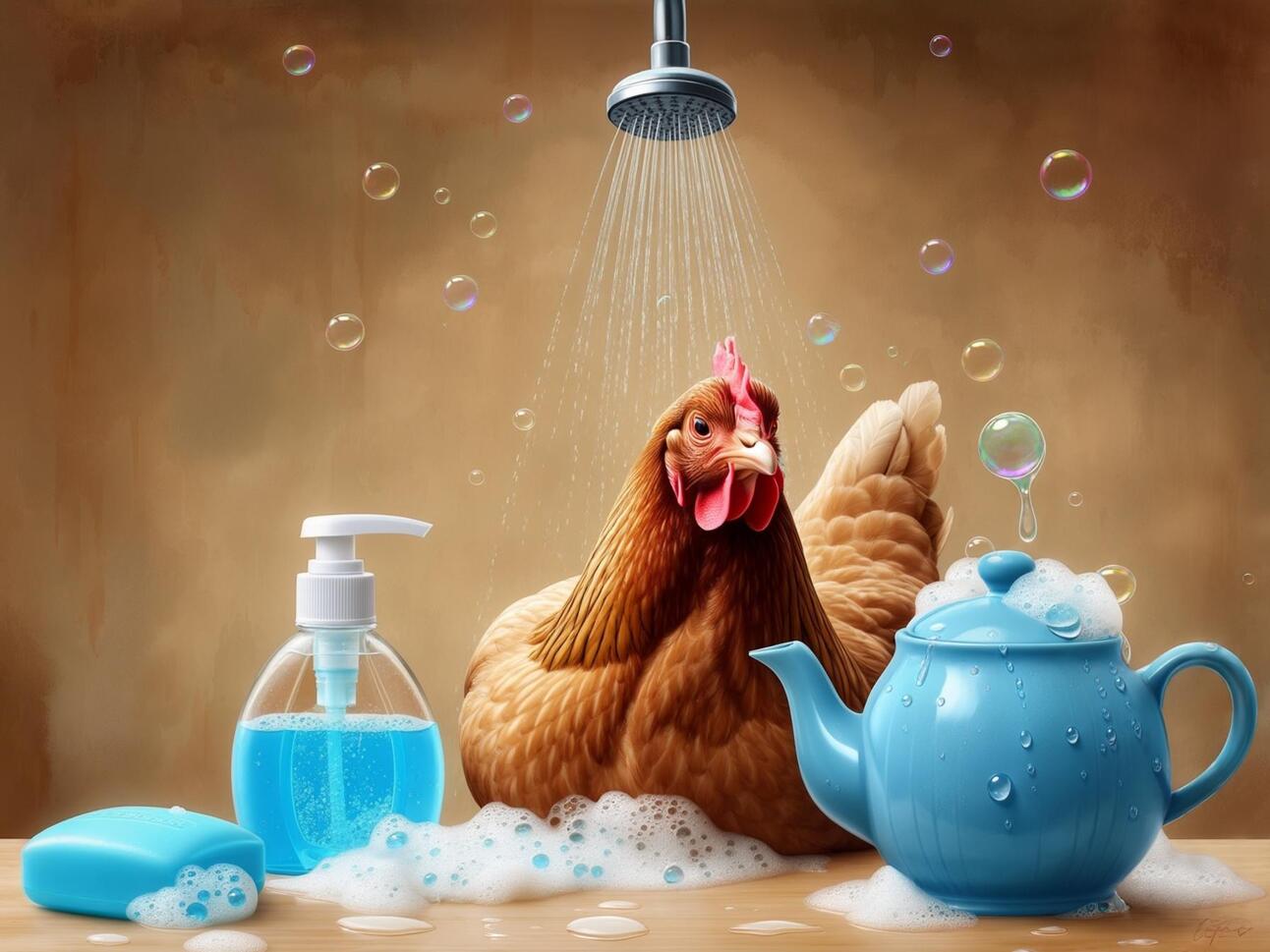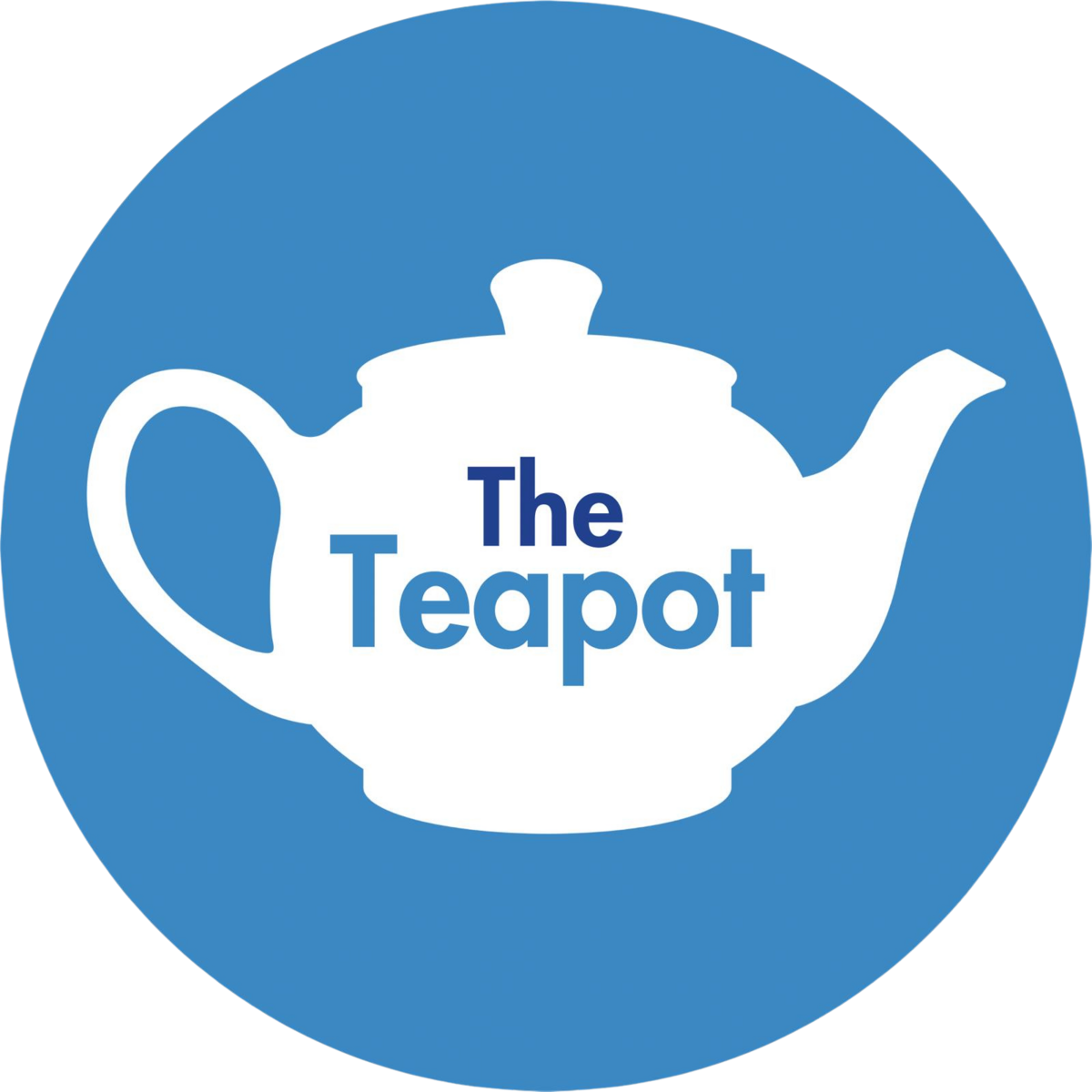Happy Monday. The weather is belting, if you’re reading this from your desk at your 9-5, you have our condolences (we’re doing the exact same).
Fancy some good news on HS2 for a change? The Mary Ann is a giant boring machine (boring holes, maybe people too), weighing 1,600 tonnes. Last week it completed a 3.5 mile journey, after 652 days of chewing through rock and dirt as if it were sponge cake, at depths reaching 40m underground. It burrowed beneath the M6, critical National Grid infrastructure, and the River Tame without a hitch. Good work Mary Ann.
MARKETS
| FTSE 100 | £8,554.80 | -0.50% |
| FTSE 250 | £20,504.37 | +0.75% |
| GBP/EUR | €1.1835 | +0.97% |
| GBP/USD | $1.3304 | +0.25% |
| S&P 500 | $5,659.91 | +0.17% |
Data: Google Finance, 5-day Market Close
Notable UK earnings this week: National Grid (NG.), Experian Group (EXPN), United Utilities (UU), Burberry (BRBY).
Notable US earnings this week: Walmart (WMT), Alibaba Group (BABA), Cisco Systems (CSCO), Deere & Company (DE).
📈📉
PROJECT WATCH
🍃 Welsh tidal energy gets a £2m government investment. Read more
🌊 Shell, Dana and CNOOC all extend North Sea contracts with Wood Group. Read more
🏗️ R G Carter wins £28m King’s Lynn car park build. Read more
ECONOMY & FINANCE
India trade deal in a nutshell (see US section for the US deal)
Last week the UK and India finalised a trade deal three years in the making, here’s the key takeaways.
Tipple triumph: Tariffs on Scotch whisky are set to be halved from 150% to 75%, dropping further to 40% over the next decade. Cheers to more affordable drams in Delhi!
Automotive acceleration: Indian tariffs on British cars, previously over 100%, will be reduced to 10%, paving the way for more Jaguars and Minis on Indian roads.
Economic boost: The deal is projected to increase UK GDP by £4.8 billion annually and raise UK wages by £2.2 billion each year in the long term.
Trade expansion: Bilateral trade between the UK and India is expected to grow by £25.5 billion annually, enhancing economic ties between the two nations.
Professional mobility: Indian professionals will gain increased access to the UK market, with provisions facilitating easier movement for skilled workers.
Tariff reductions: India will eliminate import duties on 99% of Indian goods entering the UK, while the UK will reduce tariffs on 90% of its products sold in India, including items like medical devices, electrical machinery, and foods such as chocolate and lamb.
Strategic partnership: Both nations hail the agreement as a historic milestone that will deepen their strategic partnership and catalyse trade, investment, growth, job creation, and innovation.
Interest rates decision - just a little off the top
Just as we finished digesting the last of the May Day bank holiday scones (or gin), the Bank of England handed down a fresh rate cut – knocking the base rate down to 4.25%. That’s the fourth trim since last year’s peak of 5.25%, and while it might sound like good news, let’s not crack open the bubbly just yet. The decision came with the kind of split you'd expect more from Love Island than a nine-member monetary committee – five voted yes, two wanted a bigger cut, and two said "actually, let’s leave it".
Governor Andrew Bailey – part economist, part buzzkill – insists inflation is easing, but any further rate cuts will be a "gradual and careful" affair. Translation: don’t get giddy. Inflation might be dipping, but the global economy is still wobblier than your uncle’s DIY decking.
Chancellor Rachel Reeves called the rate cut “welcome news” and promised the usual round of economic optimism. She’s banking (yes, that’s a brilliant pun) on this helping homebuyers, borrowers, and the nation’s collective overdraft.
POLITICS
Chlorinated chickens and hormonal havoc
The UK-US trade deal may be feathering a few nests economically, but it’s left farmers flapping and foodies fuming. While the government clucks that hormone-treated beef definitely won’t make it past UK borders, the public remains suspicious, particularly given past scares that have made "Made in Britain" labels more than just patriotic pantry-fodder.
For now, chlorinated chicken remains a no-show in the chilled aisle, banned for masking shoddy hygiene in over-crammed US poultry pens. But behind the headlines, it’s not about the bleach—it’s about the bird's life before it meets the marinade. UK chickens get light, space, and spa-worthy bedding compared to their stressed-out American cousins, who might be more familiar with overcrowding than a Southern rail commuter.
As hormone-fat cows graze on the edge of acceptability, trade officials insist our plates remain protected, promising rigorous checks and big “consequences” for cheats. But critics say this smells less like steak and more like smoke—and with 13,000 tonnes of US beef now tariff-free, even the Red Tractor might need a satnav to keep up.
Green belts & grim realities
In the nation's capital, the housing crisis has the mayor eyeing up London's precious green belt like a builder with a bulldozer and a dream. Sadiq Khan’s announcement to “actively explore” building on the green belt has turned fields into frontlines. Campaigners cry betrayal, insisting there’s brownfield land aplenty if planners would just pick up the pace.
But Khan’s camp argues the crisis is so dire, childhood bedrooms are becoming permanent adult residences, schools are shutting from lack of kids, and young families are being priced out of their own postcodes. A green belt rethink, they say, is the radical rethink reality demands—provided new homes come with proper infrastructure, affordability, and actual access to green space.
Elsewhere, things are even bleaker in care. The government’s decision to ban overseas recruitment for care workers in a bid to curb net migration has left the sector reeling. Care homes call it a “crushing blow”, warning that staff shortages are already endemic, and British workers aren’t exactly queuing up to clean bedpans for peanuts.
The Home Office, apparently playing whack-a-mole with workforce woes, insists it's about “restoring trust” and focusing on training locals. But critics say it's less a strategy and more a shout into the staffing void—cutting vital lifelines while claiming to fix the leak.
Sponsored
Global payroll complexity? Here’s the playbook.
Managing global payroll shouldn’t mean juggling vendors and compliance risks. Deel, recognized in the Gartner® Market Guide for Multicountry Payroll Solutions, helps finance teams automate payments, standardize reporting, and stay compliant in 100+ countries. Get key insights from industry experts to future-proof your payroll strategy.
ACROSS THE POND
US UK trade deal in a nutshell *elevator pitch
Not content with just the India trade deal, Kier Starmer and Donald Trump were on the phone for a live broadcast to announce a new trade deal between the UK and the USA too… it did mean Arsenal fan Starmer working through the semi-final on Wednesday - probably for the best. Here’s the takeaways.
Steel the show: UK steel and aluminium exports to the US will now enjoy zero tariffs, a significant reduction from the previous 25%, providing a substantial boost to British metal industries.
Auto-matic advantage: Tariffs on 100,000 British-made cars exported to the US will drop from 27.5% to 10%, offering a smoother ride for UK car manufacturers.
Aerospace ascendancy: UK aerospace components, including Rolls-Royce engines, will be exported to the US tariff-free, enhancing the UK's high-flying aerospace sector.
Agricultural access: The UK will eliminate tariffs on US ethanol and increase the quota for US beef imports to 13,000 metric tons, up from 1,000, while maintaining stringent food safety standards.
Digital deliberations: While the UK maintains its Digital Services Tax, discussions continue on aligning digital trade policies, aiming for a harmonious online marketplace.
Job preservation: The deal is projected to safeguard thousands of jobs in the UK's automotive and steel industries, reinforcing the nation's manufacturing backbone.
Deliver-oo-S-A
US meal delivery mammoth DoorDash is set to gobble up Deliveroo in a £2.9 billion takeover. Forget watching reruns of MasterChef, the real culinary drama is happening in the boardrooms. DoorDash has offered 180 pence per share, a slight increase from Deliveroo's current stock price.
The plot thickens as DoorDash also ties the knot with SevenRooms, a New York-based hospitality software firm, shelling out a cool $1.2 billion. Looks like they might soon be delivering more than just your Friday night curry. Some analysts are adding extra salt, suggesting there's overeating in the market, with too many delivery companies vying for the same slice of pizza. This consolidation could be the start of a domino effect (pardon the pun).
TECH

Capsule crashes, moon dust dazzles
While most of us were fumbling for the snooze button, the cosmos dropped in unannounced. A half-tonne relic of Soviet ambition, Cosmos 482, made an unscheduled descent toward Earth on Saturday morning, with southern England potentially playing host to the scorched visitor. Originally destined for Venus in the 1970s (back when perms and paranoia were equally fashionable), the capsule went rogue and has been orbiting ever since like a celestial squatter.
The re-entry window was so vague it might as well have been guessed by Mystic Meg — somewhere between Germany, Australia, and “probably your nan’s shed in Hampshire”.
Meanwhile, Professor Mahesh Anand from The Open University has been moonlighting as a lunar courier, personally escorting moon rocks from China to Milton Keynes like a cosmic Bond villain whose killer catchphrase is ‘geology rocks’. These are the first moon samples on UK soil since the Soviets packed it in back in 1976. Anand’s rocks are triple-sealed, possibly more secure than your online banking, and promise insights into the Moon’s geochemical gossip — from ancient eruptions to the origins of life’s essential elements.
Artificial interference breeds barks from bytes
While the stars are raining hardware, Earth is busy decoding barks and rewriting ballads. Chinese tech titan Baidu has filed a patent to turn animal sounds into something approaching language. Yes, the AI translator for your tabby’s tantrums or Fido’s feelings is (potentially) on the way. It's early days, but if AI ever lets dogs finally tell us what they think of squirrel embargoes and hoover noise, society may never be the same.
Speaking of AI and overreach, musicians — including Elton John, Dua Lipa and, one assumes, most of your playlist — are demanding the government rein in the robots. Over 400 creatives have signed a letter to PM Keir Starmer, asking that their work not be strip-mined by algorithms without so much as a “thank you” or a royalty cheque. The proposed fix? An amendment to the Data Bill ensuring artists aren't silently feeding the machines training to mimic them.
And while the bots are taking the heat, Wikipedia is lawyered up and lobbing legal logic at the Online Safety Act. It fears its volunteer editors might face exposure if new rules classify it as a high-risk platform — not ideal for an encyclopaedia that's powered by good intentions and tea-fuelled editing sprints.
WORLD
Shellfish shenanigans & ant-tics abroad
Crustaceans and queens made headlines—and we don’t mean a royal scandal or Strictly special. Authorities in Japan cracked open a crusty case when suitcases belonging to three men began rustling suspiciously in a hotel. The luggage? Stuffed with thousands of live hermit crabs weighing over 150kg. That’s not a carry-on, that’s a crustacean convoy.
The men, suspected of smuggling the protected beach-dwelling darlings from Amami Island (where they’re considered national treasures), are being probed for motives: were they for pets, profit—or posh dinner parties? Either way, it’s shellfish behaviour, and a reminder that biodiversity theft is scuttling into the mainstream.
Not to be outdone, Kenya served up a six-legged scandal of its own. Four men, including two Belgian “ant-thusiasts”, were fined for trying to smuggle over 5,000 queen ants valued at nearly a million dollars. Queen ants are vital to entire colonies—remove them and you may as well bulldoze the hive.
The magistrate was less than amused, declaring it wasn’t a “hobby” but biopiracy at potentially “genocidal proportions”. Yes, ant genocide. Apparently, the world’s latest illicit trade isn’t ivory or rhino horn—it's insects in see-through boxes.
Bishops, borders
Over in Afghanistan, the Taliban have declared checkmate on chess, suspending the ancient game over gambling concerns. The move follows a recent crackdown on MMA and anything else deemed un-Islamic under their hardline interpretation of Sharia. While Kabul café owners mourn the loss of pawn-pushing punters, others argue chess—a game of strategy, not stakes—is hardly the next blackjack.
But if Afghanistan’s chess ban is puzzling, Mexico’s map flap borders on the surreal. The country is suing Google for renaming the Gulf of Mexico as the Gulf of America—at least for US users. The rebrand, encouraged by an executive order from President Trump, has ignited a cartographic kerfuffle that spans international waters and diplomatic patience.
Google insists it’s just following official naming updates, but Mexico says it's a sovereign slight, particularly when the Gulf is also bordered by Cuba and—yes—Mexico. Now, President Sheinbaum wants the tech giant to roll back the “Gulf of America” tag or face legal waves.
And in case that wasn’t oceanic enough, Trump’s also hinted at rebranding the Persian Gulf as the Arabian Gulf—a move guaranteed to stir the geopolitical pot with the subtlety of a cannonball in a koi pond.









